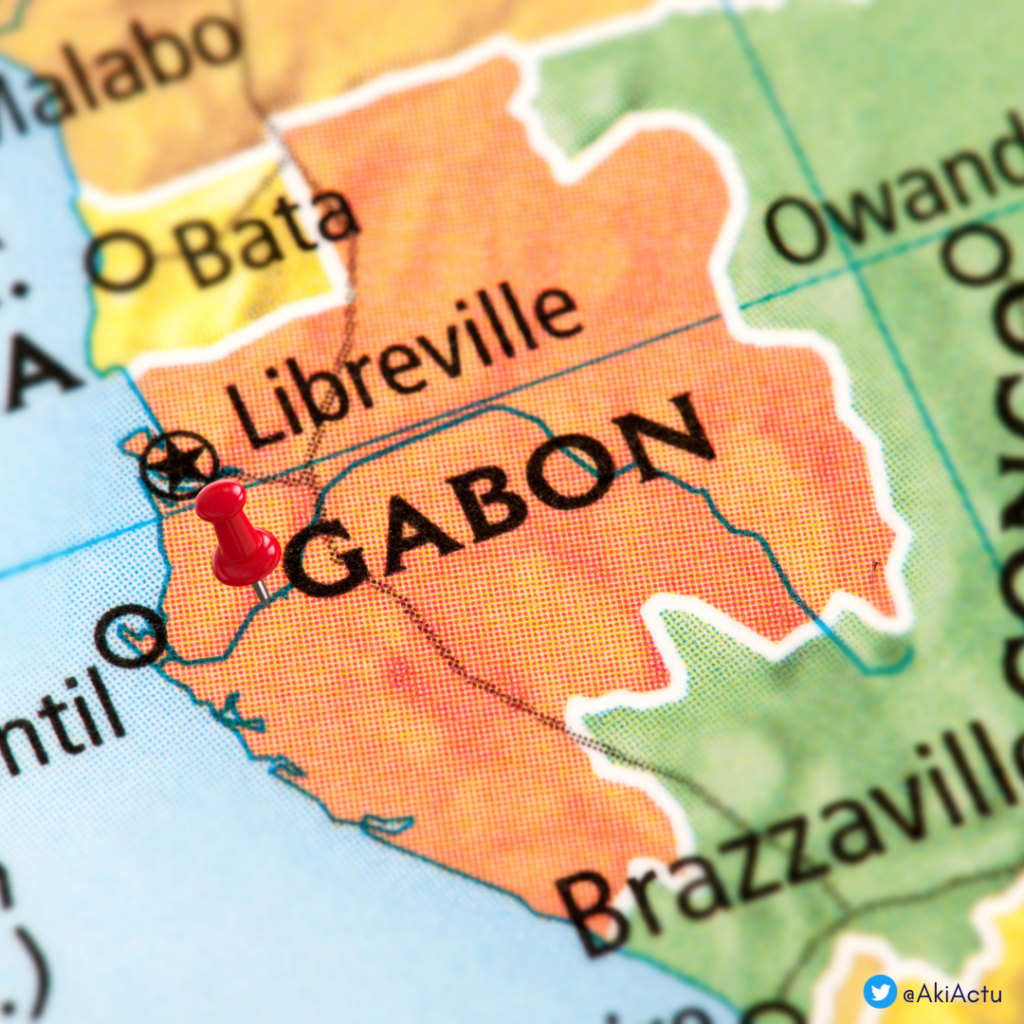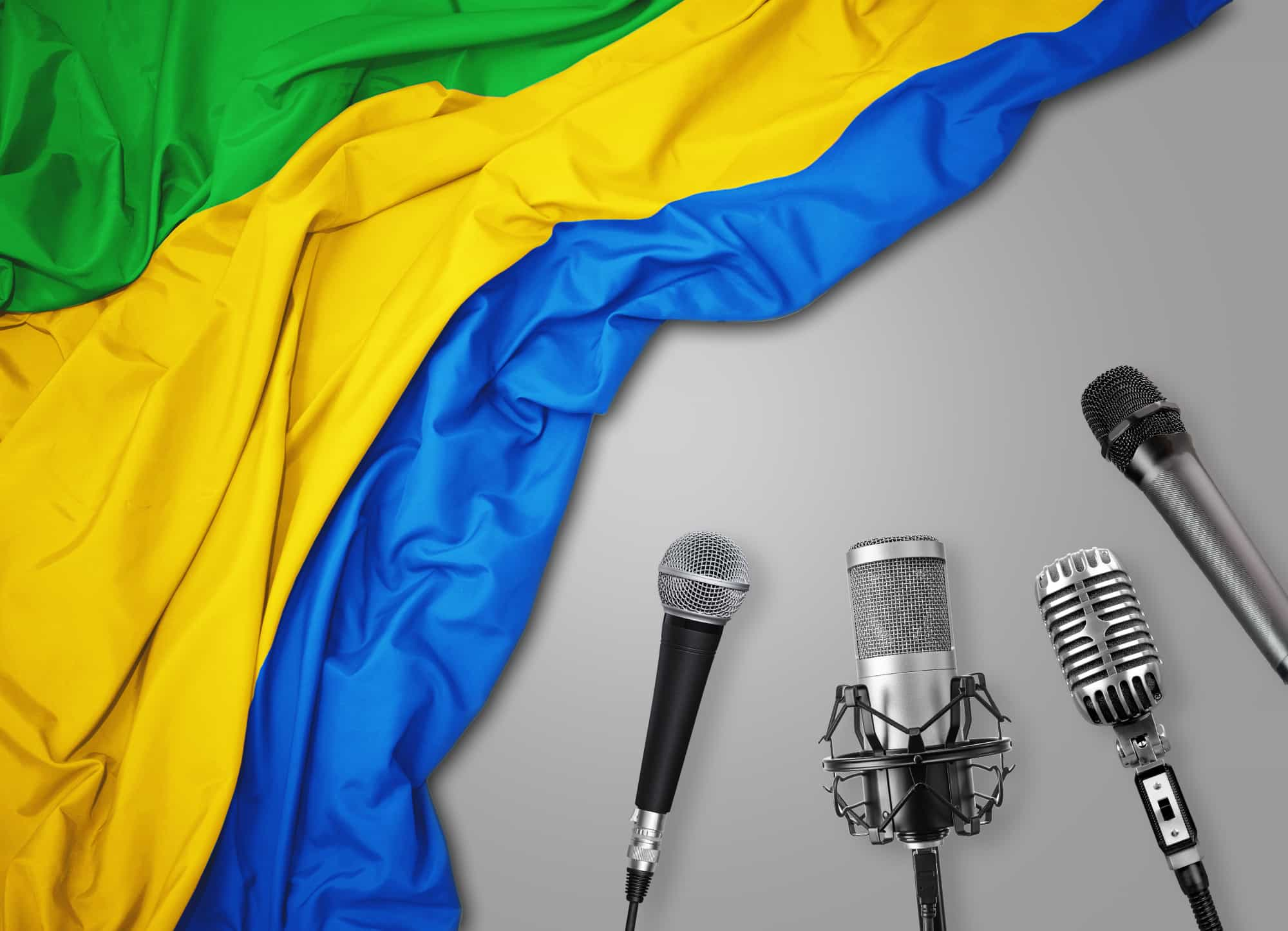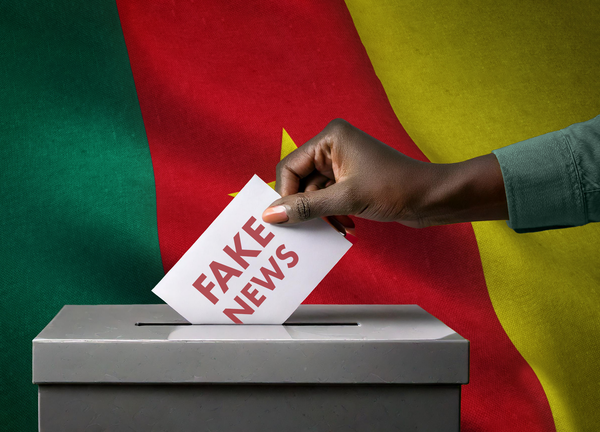The advent of the press in Gabon
Since the 1990s, the plurality of the Gabonese political system has been accompanied by the creation of many media. Today, the Gabonese press has nearly 60 newspapers. In 2022, the report published by Reporters Sans Frontières (RSF) reveals that Gabon won 12 places in the classification on press freedom.

The country is now in 105th place out of 180. The latter ends the private sentences of freedom for press crimes. This sentence also applies to audiovisual, digital and cinematographic productions. Despite this, Gabonese journalists continue to be the subject of threats, in particular by numerous convocations of the security services.
“The culture of a free and independent press is struggling to settle, including online. The influence of the regime is exercised at all levels and contributes to self -censorship. »
RSF
Media panorama in Gabon
Radio 📻
Radio is the most common media in Gabon. It has around fifty private stations, in addition to audiences. In addition, geographic coverage of the national territory by radio is greater than that of all other media. Indeed, 57 % of Gabonese aged 15 listen to it every day, for an average duration of 1 h 39. In the Gabonese context, radio is the most diverse media. The monopoly regime touches radio until 1991. Today, if political polarization does not spare this vector, it is the media which offers the greatest diversity of content.
Gabonese waves mainly broadcast in French.
Small radios, particularly those that are community, are weakened by the lack of protection of regulatory organs. The latter claim to represent populations generally marginalized by the media. Programs are most often relayed in the local language. However, the absence of specific status in the communication code leads them to adopt commercial radio behavior.
Television 📺
To date, Gabon has more than twenty television channels. Television is accessible to everyone, throughout the territory. 95 % of Gabonese watch daily television for an average duration of 4 h 10.
They mainly distribute in French. Only the provincial network of Gabon Television offers information programs in regional languages such as Fang, Ghisir, Indzebi, Ikota, Lembama, Miennè, Téké and the Yipuunu. International channels are preferred to nationals. 91 % of the hearing time of the Gabonese populations is devoted to international channels, especially in terms of entertainment.
The content covered by the Gabonese audiovisual media are not very diverse. As a whole, the public or private audiovisual media give a large place to information, even if large private channels diversify their distribution grids with education and entertainment programs.
Written press 📰
The Gabonese written press, exclusively urban, is vulnerable to political and economic contexts. It constitutes an urban information vector and press titles are mainly present in the capital, Libreville.
Gabon has more than 80 periodicals. The articles that criticize and discredit public institutions or authorities regularly lead to publication suspensions by decision of the High Communication Authority (HAC). The latter replaces the National Communication Council dissolved in 2018. According to many local journalists, the HAC is an extreme sanction tool in order to "serve the interests of power and prevent all legitimate criticisms on subjects of general interest".
Threats against "social peace" or "national unity" are often the arguments announced by the HAC to justify a suspension of a newspaper.
These dynamics generate a global distrust of the population towards the written press. The political positioning of each newspaper is claimed and known by the population. The country's economic situation does not allow continuous support for the written press. One of the consequences is the great variation in the level of technological development from one media to another.
Digital press 💻
If the digital press is booming and is, according to RSF, "very read", the majority of Gabonese informative sites are created in a fairly informal setting.
The Gabonese digital press is currently experiencing significant growth. This responds to a double request. The first emanates from the journalists themselves, who seek in the web a new space of expression, free from all censorship, while the second comes directly from the readers and their means of access.
The Gabonese population (especially young people) finds in the digital press a way to access information quickly and free of charge via their smartphone.
The ranking of reporters without borders (RSF)
According to the NGO, the indicators make it possible to define press freedom as:
“The effective possibility for journalists, as individuals and as a collective, to produce and disseminate information in the general interest, regardless of political, economic, legal and social interferences, and without threats to their physical and mental security. »»
In 2022, RSF noted that no media journalist or collaborator lost their lives or would be imprisoned in prison. On the other hand, the arbitrary suspensions of media have multiplied in recent years.
However, we note that the country has won 12 places in the NGO ranking.
Even if the RSF classification has no legal value, it makes it possible to question the press sector and therefore to identify precisely the political regime applied by the country.
Press regulation and legal framework in Gabon
Freedom of expression, the right to information, editorial independence and the right of journalists to protect their sources are guaranteed by Gabonese laws. The Constitution guarantees freedom of conscience, thought, opinion, expression and communication and promises the right to information of citizens.
In addition, in January 1983, Gabon chose to ratify the International Covenant of Civil and Political Rights which guaranteed, among other things, the freedom of the press and the protection of journalists.
Gabonese laws, voluntarily confused, are used to limit media freedom. The communication code, acting as a reference in the matter, remains imprecise, subject to interpretation and therefore likely to be used to limit media freedoms.
The status of journalist is also weakened by the laws. Gabonese journalists have, for example, the right to use a pseudonym in order to keep their anonymity. This is used to dissuade them from writing critical articles.
However, media control by the government is not fiercely denounced by the population. Some journalists try to oppose this censorship by creating new newspapers or fleeing abroad. But the majority of the Gabonese population rather displays a feeling of weariness and passivity in the face of these restrictions. She prefers to turn to other information vectors, such as social networks.
The regime manages to impose a fairly high level of media self -censorship using intimidation. The arbitrary arrests of journalists still exist even if they are rare. However, summons of journalists or editors in chief by the security services remain frequent. This helps maintain pressure on these journalists.
If you want to discover a new media landscape, you can redirect yourself to press freedom in Burkina Faso .









